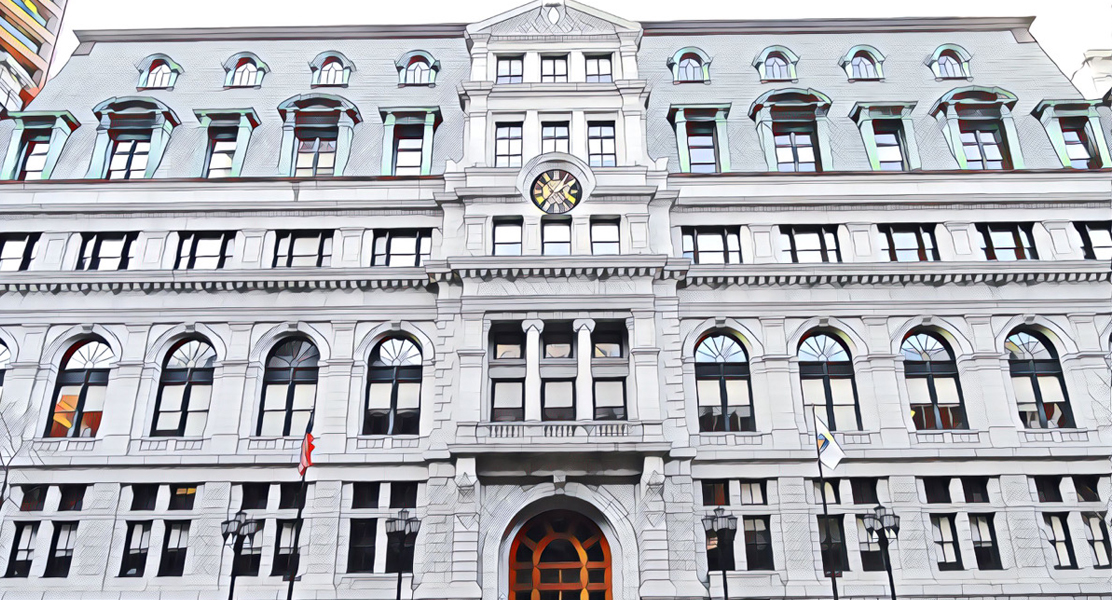Massachusetts Supreme Court rules not all professors at Christian college are ministers, allows employment discrimination case to proceed

In a potentially significant church-state decision, the Supreme Judicial Court of Massachusetts has held that the “ministerial exception” – which shields religious institutions from employment related lawsuits brought by employees with ministerial roles – does not extend to a social work professor. Margaret DeWeese-Boyd claims she was denied a promotion to full professor as a result of unlawful discrimination by her employer, Gordon College, a Christian institution in Wenham.
The U.S. Supreme Court ruled just last year in Our Lady of Guadalupe that the exception did apply to grade school teachers in Catholic elementary schools whose function included things like teaching student religion classes, praying with students, and attending chapel with students. Thus, the teachers’ discrimination claims were disallowed. Here, however, the Massachusetts court emphasized that the plaintiff, Ms. Deweese-Boyd, did not have those responsibilities:
Her duties as an associate professor of social work differ significantly from cases where the ministerial exception has been applied, as she did not teach religion or religious texts, lead her students in prayer, take students to chapel services or other religious services, deliver sermons at chapel services, or select liturgy, all of which have been important, albeit not dispositive, factors in the Supreme Court’s functional analysis.
Gordon officials argued that the faculty handbook refers to all faculty as “ministers” and requires them to “integrate” their Christian faith into their teaching and scholarship. But the court noted that the faculty reference to ministers was added to the handbook in 2016, a change that was opposed by many faculty members including Ms. Deweese-Boyd, adding that such a broad reading of who qualifies as a “minister” would have far-reaching consequences.
The Supreme Court has not specifically addressed the significance of the responsibility to integrate religious faith into instruction and scholarship that would otherwise not be considered ministerial. If this integration responsibility is sufficient to render a teacher a minister within the meaning of the exception, the ministerial exception would be significantly expanded beyond those employees currently identified as ministerial by the Supreme Court. The number of employees playing key ministerial roles in religious institutions would be greatly increased. In fact, Gordon has recently attempted to describe all of its faculty, and even all of its employees, as ministers, over the objection of the faculty itself. It is our understanding that the ministerial exception defined by the Supreme Court is more circumscribed.
…
The integration of religious faith and belief with daily life and work is a common requirement in many, if not all, religious institutions. As a result, the breadth of this expansion of the ministerial exception and its eclipsing and elimination of civil law protection against discrimination would be enormous.
Importantly, the court’s dismissal of Gordon College’s “ministerial exception” defense is not a comment in any way on the merits of the underlying claim of discrimination. It merely holds that the plaintiff is not barred from bringing the claim altogether.
For more on this topic, I highly recommend Episode 13 (“Who’s a minister and who gets to decide?”) of the BJC Podcast series “Respecting Religion.” In that discussion, BJC General Counsel Holly Hollman and Executive Director Amanda Tyler talk about the scope of the ministerial exception and the Guadalupe case.




